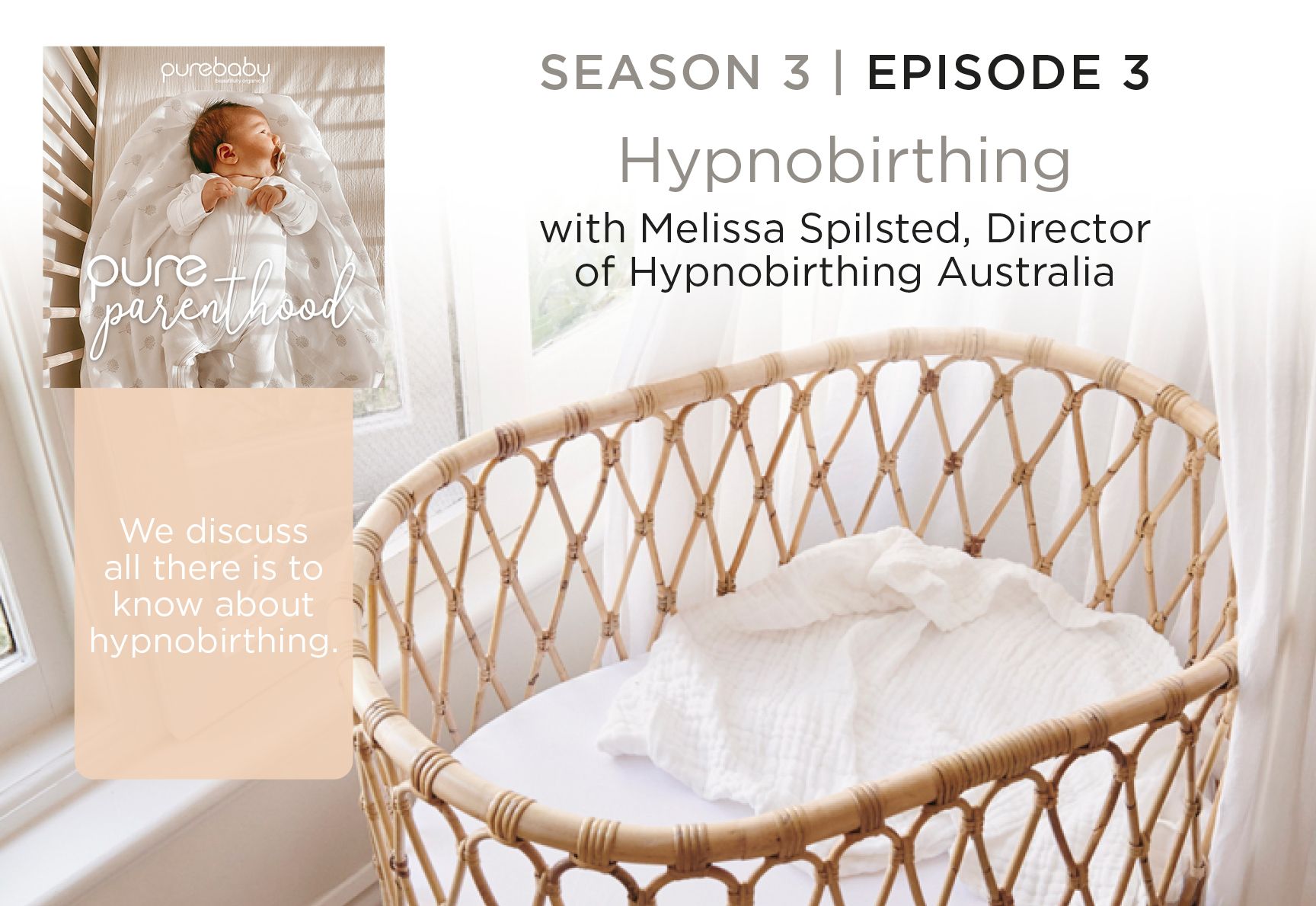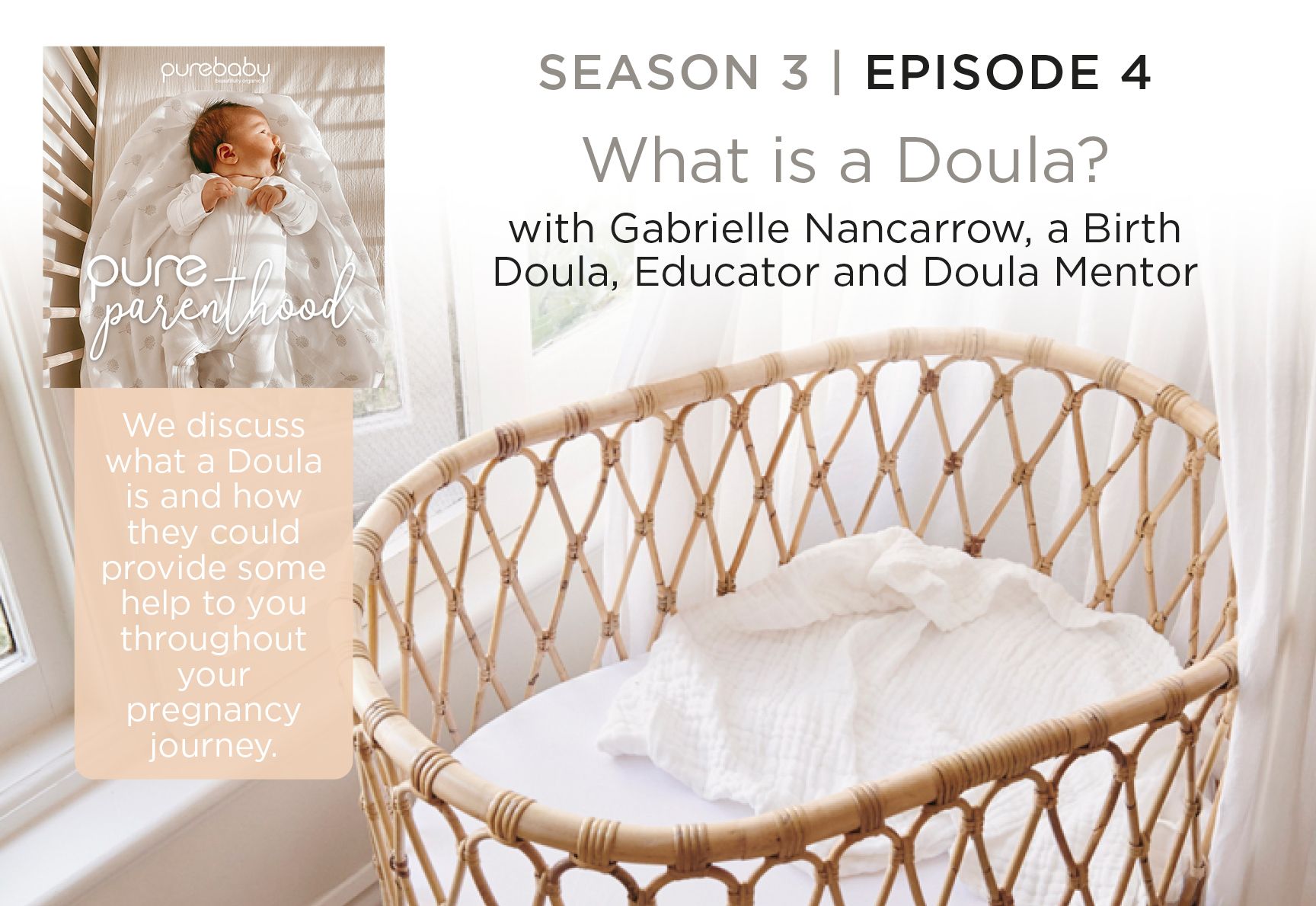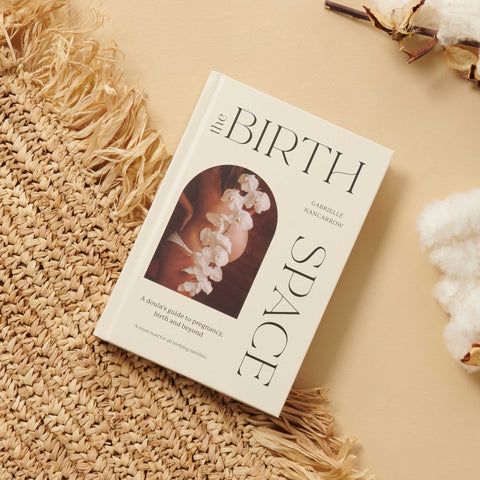
What is Hypnobirthing?
6 min read | 14 November 2021
New In
Essentials
Clothing
Accessories
Shop By Gender
Shop By Size
Collections
Baby
Clothing
Accessories
Shop By Gender
Shop By Size
Collections
Nursery
Care
Play
Kids
Clothing
Accessories
Shop By Gender
Shop By Size
Collections
Care
Play
Gifts
Baby Gifting
Kids Gifting
Shop By Price
Shop By Event
Shop By Gender
Sale
Sale
Shop By Gender
Learn
Education
Resources
Pre-Loved
Rewards
11 min read | 12 December 2021

A doula is someone who shows up for you and supports you through a major life experience, such as pregnancy, birth, postpartum or pregnancy loss. As you begin your journey into parenthood, you’ll start to notice that there are many emotional and spiritual layers to conception, pregnancy, birth and postpartum, that our mainstream maternity system does not provide enough support for.
As doulas, we fill these essential gaps, holding space for birthing people to process their hopes and fears, their histories and their stories, before their baby's birth, as well as providing continuity of care that is so important yet so difficult to find in our current system. Then during postpartum we are there to hold you as a family as you settle into life with your newborn.
From the minute we are hired, we’re there for you, to support you through your pregnancy and help prepare you for your birth and postpartum. Every doula will work a little differently but in general, we are available by phone, text or email and visit you in your home for two to three prenatal meetings.
During this time we listen to your hopes and fears and we talk about whatever comes up, everything from past losses and traumas to your cultural conditioning of birth and any fears that may come with it. This emotional preparation is vital in helping you prepare for birth. We also help you to navigate the complex maternity system, educate you on birth and your options and rights in the birth space, help you write your birth preferences and prepare you for your postpartum.
Every doula works differently but I usually meet the family when they are in active labour, either at home or the hospital. I provide:
Hip squeezes
Acupressure
Positioning
Massage
Warm water on her back
Encouragement
A quiet presence
Ensuring the lights are dim and her birth space is protected
Normalising the experience, especially for the partner
If and when something comes up, e.g. augmentation is suggested, I listen with the family to the care provider’s recommendations
Remind them which questions to ask
Ensure they are making an informed decision and remind them of their rights and that they have choices
I also support the partner if there is one, so they feel empowered and involved in the birth experience. Doulas are not medically trained so our focus is on providing emotional, informational and physical support during birth, complementing the midwife or obstetrician.

A postpartum doula shows up for the family in the early postpartum period, usually for the first 6-12 weeks after the baby's birth. They will cook, clean, hold the baby while mum sleeps and rests and showers, they can help with breastfeeding, look after older children, provide physical support such as massage.
Doulas will also provide essential emotional support like birth debriefing and listening to whatever the mother needs to share as she processes the radical transformation taking place. Postpartum doulas do whatever is needed to ensure the mother is getting the rest she needs so she can recover emotionally and physically from her birth.
The main difference is that a doula is non-medical. We show up for the emotional and physical support of the birthing person and their partner. A midwife is medical so while they are also very much concerned about the emotional health of the birthing person, they also must prioritise the physical health of the birthing person and their baby. Someone might already have their OB or midwife, but want someone in addition to complement that care, like a doula.
In my opinion, yes! There is so much to learn when preparing for birth and postpartum and really no one is providing this essential information and education beyond the basics of what happens during a birth - there’s just so much more to it. Continuity of care is so important during pregnancy and birth and is actually very hard to find in our current system.
Midwife Group Practise programs in public hospitals are very hard to get into (about 10% of women do) and if you are private and have your own OB remember that OB will rarely be present for the entirety of your labour - it will most likely be a midwife you’ve never met supporting you. So having a doula there, a familiar face who is experienced in birth, is so important.
I think it’s also so important to have someone on your birth team who is not connected to the hospital - an independent advocate. Also, statistically speaking: A 2017 Cochrane Review of 26 studies from 17 countries involving more than 15,000 women found birthing people who had continuous labour support (a doula) experienced: shorter labours, lower cesarean birth rates, lower epidural rates, lower assisted birth rates (forceps and ventouse) and were more satisfied overall with their birth experiences.
One of the reasons I created Gather was to make it easier for families to find and connect with a doula. At Gather we have more than 30 birth and postpartum doulas and I work to connect families with doulas that fit their budget, location and most importantly, energy. Families come to us via our website, word of mouth or social media.
I find the people who come to us at Gather looking for a doula will often come with some prerequisites – they want someone who is very experienced, etc. I always tell them that the most important thing to look for when hiring a doula is finding someone you feel an immediate connection with, it's so important. Even if you meet with an incredibly experienced doula who has been recommended to you, and you sit down with them and they don’t feel right – then don’t hire them. They are not going to be the right person for you.
Beyond that, you should ask the more practical questions - how experienced are they, have they worked in the hospital you are going to, or supported a homebirth if that is what you are planning, do they fit within your budget, where are they located? You can of course also ask friends and family who they recommend or search on social media.
Cost-wise, you can find doula-in-training who won’t charge anything all the way up to really experienced doulas who charge upwards of $4000.
We all play a role and complement each other with our different skills and priorities, the most important of which is supporting and protecting the birthing person. Most midwives love doulas, especially in the hospital system.
We are providing the support they wish they had more time to provide and we are freeing them up to keep on top of the incredible amount of admin they have to do. OBs are pretty supportive of doulas too and I always say if your OB doesn’t like the sound of you having a doula it’s a red flag and to question why. In my personal experience, one of the most important things I can do to protect the space of the birthing person is to work harmoniously with the care providers in the room and ensure there is no friction which so easily disrupts the energy of the birth space.
This article was written in collaboration by Gabrielle Nancarrow and Purebaby, in conjunction with season three, episode 4 of Purebaby’s podcast, Pure Parenthood.
Sign up to Pure Love Rewards and get $10 off your first online order, earn points every time you shop and more!